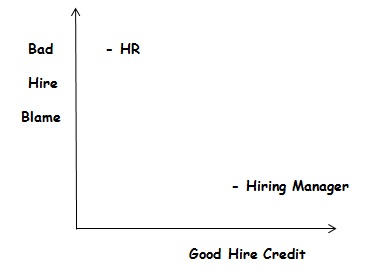I have an acquaintance who was out of work for an entire year. Not surprising with all the stories we’ve heard throughout the recession. The surprising thing was that over that entire year, and him knowing exactly what I did, he never once reached out for help. In fact, I didn’t even know he was out of work and looking for a job. Not only did I not know, but our friend group did not know as well. He hid it from us. He hid the fact he had lost his job for an entire year! I found out when he got his new position and finally came clean what he had been going through for an entire year!
It hit me that he is not alone. What he did and felt is very common. He was embarrassed about losing his job, and not having a job, so he kept it a secret. Got up everyday like he was going to work and went somewhere to do his job search. It pains me to know so many people in our culture are embarrassed about not having a job. That so many of us judge people based on whether they have a job or can get a job. This concept of ‘being embarrassed for not having a job’ actually hurts the job seeker tremendously!
When a job seeker is hiding the fact they are out of work to friends, peers, acquaintances, etc. They are limiting themselves to all kinds of opportunities that might be out there for their network to recommend them for. I think back on the past year and think to myself – how many positions did I hear about over the past 12 months that this person would have been perfect for! I cringe at how many. At the stress he put himself and his family through because he was too embarrassed to say “Tim, I lost my job, just wanted to let you know in case you hear of anything.” It seems so simple – yet so many people don’t have the courage to even say it because of how culturally we treat the unemployed!
I don’t know if this will help – but I want every job seeker to know – I’ve got your back. You can tell me. Don’t be embarrassed. There is a better way to handle this.
What is that way?
Tell everyone! Put a freaking sign in your front yard! On your car! When you go jogging in the morning put it on your t-shirt! We’re going to own this! We’re going to make you come out of the Unemployment closet! We need to let everyone know you’re on the market, you’re ready to work and you’ve got passion to do great things for organizations. You don’t have time to be embarrassed. To care about what others might think of you because you lost your job. Your career is waiting! We need to show the world you are not someone who is going to back down! I don’t want one more person that I know to go through this, ever.
Please come out of the closet for me. It’s alright – I’ll support you!

